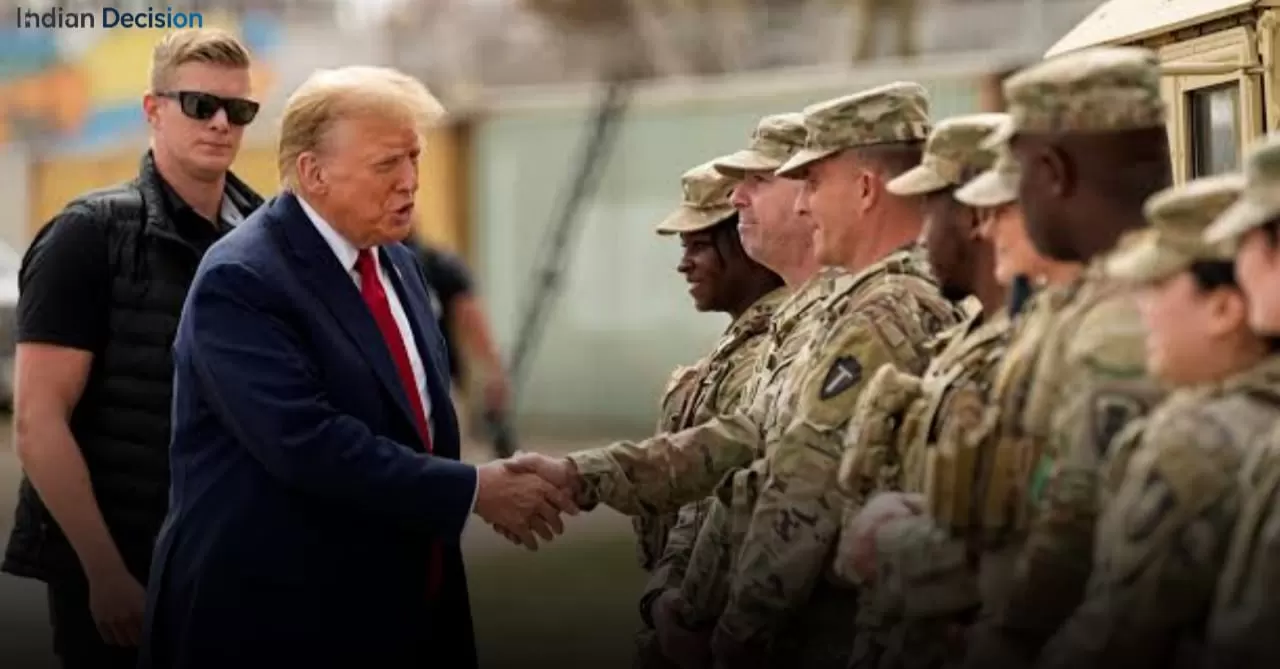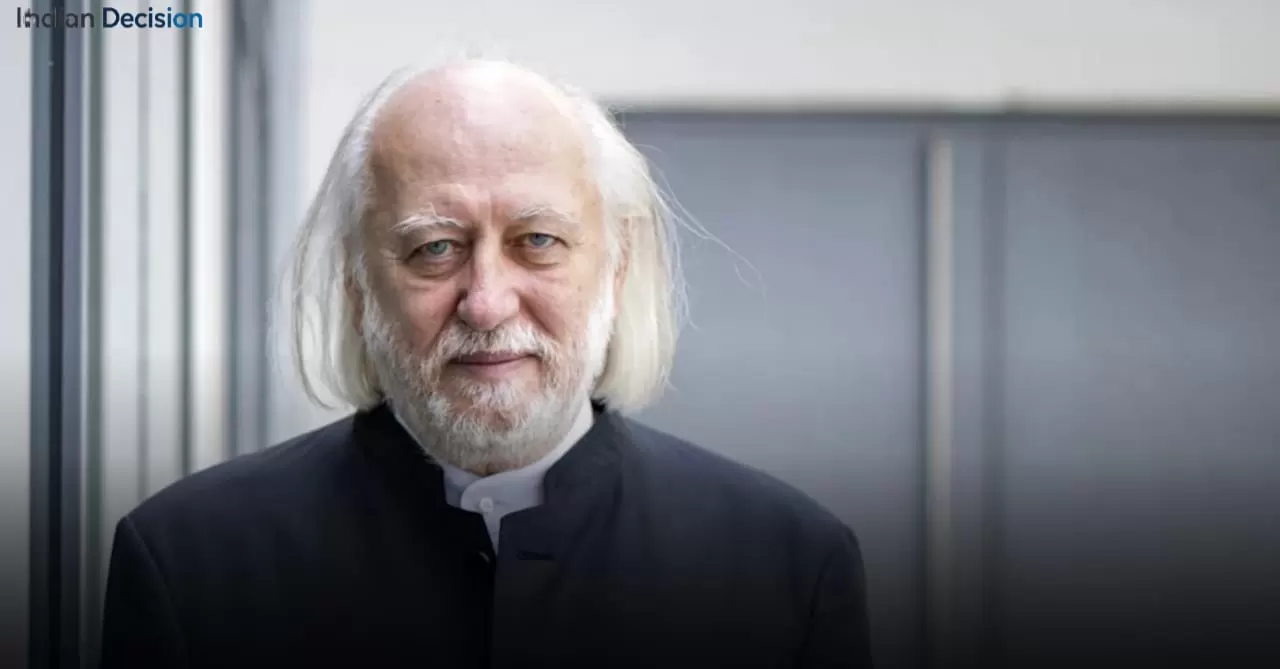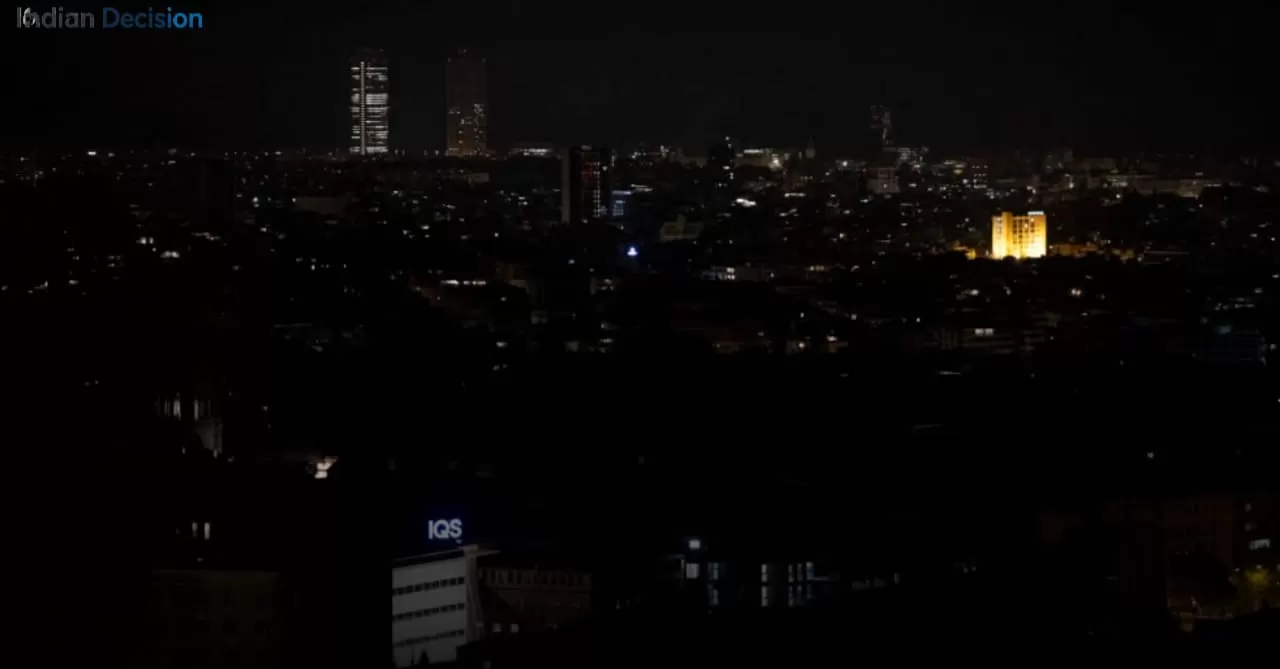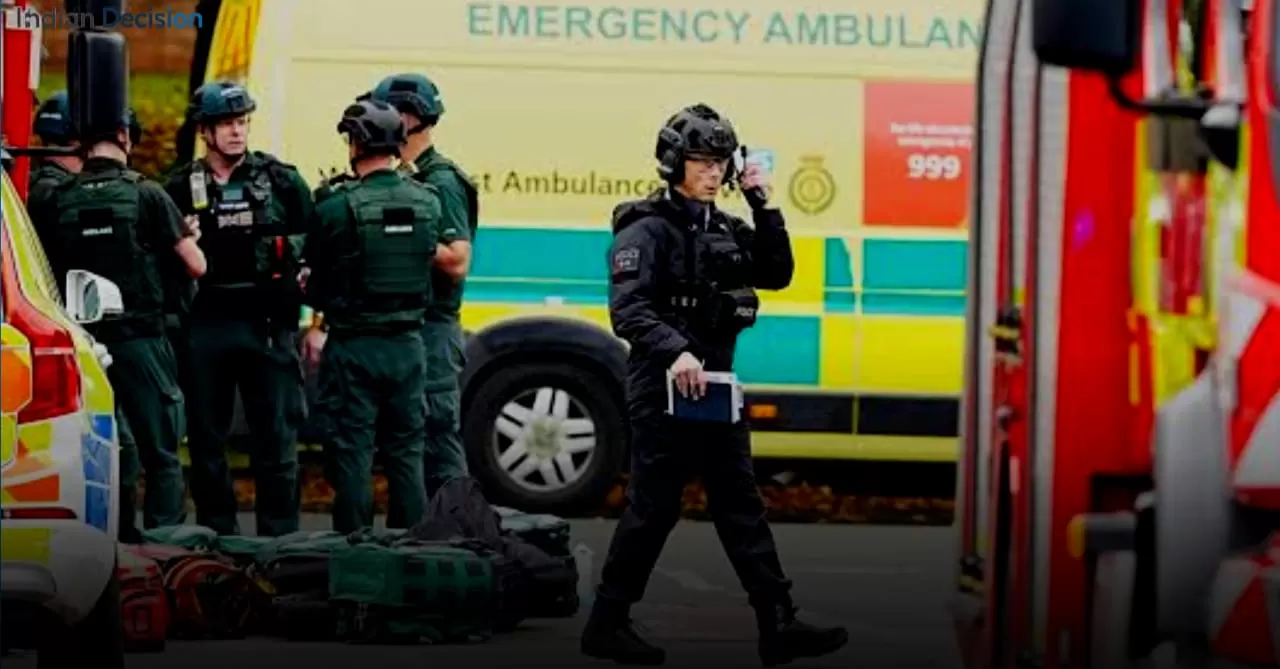Trump Suggests Military Role in UK Border Control
Former U.S. President Donald Trump has suggested that Prime Minister Keir Starmer could use the military to help curb illegal migration into the United Kingdom. The remarks came during Trump’s state visit to Britain, where discussions on immigration, security, and bilateral cooperation took center stage. The statement immediately sparked debate in London, with supporters seeing it as a sign of toughness while critics questioned its practicality.
Background to the Trump-Starmer Meeting
The joint press conference held at Chequers was one of the most closely watched political events of the year. Trump has long made immigration a defining issue in his politics, both in the U.S. and abroad. During his meeting with Starmer, he reiterated that illegal migration can destabilize nations if left unchecked. His suggestion of using the armed forces underscored his view that governments must act decisively, even if that means moving beyond traditional law enforcement approaches.
Rising Pressure on Starmer Over Channel Crossings
Starmer’s government has been under mounting pressure to reduce the number of migrants arriving in small boats across the English Channel. More than 30,000 crossings have been recorded so far this year, the highest figure reported this early since 2018. The issue has dominated domestic politics, with opposition parties and voters demanding concrete solutions. Trump’s advice, while controversial, taps into this national anxiety about border control.
Comparing UK and US Immigration Approaches
Trump pointed to his own administration’s record in the United States, where he stepped up deportations and tightened border enforcement since returning to office in January. He argued that the UK faces a similar challenge and should be willing to adopt drastic measures. While U.S. border security involves vast land crossings with Mexico, the UK’s situation is more concentrated in the Channel, making the use of military resources a different kind of debate.
Expert Reactions to Trump’s Comments
Policy experts and security analysts have offered mixed views. Some argue that deploying the military would send a strong message to human smuggling gangs, potentially acting as a deterrent. Others caution that militarizing migration enforcement risks damaging the UK’s international image and could clash with human rights obligations. The idea also raises questions about cost, logistics, and long-term effectiveness compared to diplomatic and legal solutions.
Today September 19, 2025: Latest Developments
As of today, Starmer has not publicly confirmed whether his government would consider Trump’s suggestion. However, reports from Whitehall indicate that officials are studying options to expand surveillance and naval patrols in the Channel. On X (formerly Twitter), immigration campaigners are divided: some call for tougher enforcement, while others urge the government to focus on humanitarian approaches. Meanwhile, French officials have said they are open to “enhanced cooperation” with the UK but stopped short of endorsing military measures.
Implications for UK-US Relations
The immigration debate is only one layer of the broader UK-US partnership. During the same visit, Trump and Starmer announced a new technology cooperation deal that focuses on artificial intelligence, quantum computing, and emerging industries. This dual focus—hard security on one hand and tech collaboration on the other—illustrates the multifaceted nature of modern diplomacy between the two allies.
Political Risks for Starmer
While Trump’s comments highlight his signature style of bluntness, Starmer must tread carefully. Any move perceived as adopting American-style tactics could expose him to criticism at home. At the same time, failure to stem rising Channel crossings could weaken his credibility. Balancing humanitarian obligations with public demands for control is likely to be one of his toughest policy tests.
Looking Ahead
The months ahead will reveal whether Trump’s advice remains rhetorical or influences UK policy in tangible ways. What is clear is that immigration will continue to dominate political discourse, both in Britain and internationally. With elections on the horizon in several European countries, the pressure on leaders to act decisively on migration is unlikely to fade.
FAQs on Trump’s Military Suggestion
Why did Donald Trump suggest the UK use the military for border control?
Trump believes illegal migration is a threat to national stability and argued that decisive measures, including the use of military assets, could be justified to stop Channel crossings.
How has Prime Minister Keir Starmer responded so far?
Starmer has not endorsed Trump’s advice but emphasized that his government takes illegal migration “incredibly seriously” and is pursuing international agreements to return migrants.
Would deploying the military at UK borders be legal?
Legally, the UK could involve the military in support roles, but using them for direct enforcement raises questions under international refugee law and domestic human rights protections.
How many migrants have crossed the Channel in 2025?
Over 30,000 people have crossed the Channel in small boats this year, marking the highest figure recorded this early since official data began in 2018.
What alternatives to military deployment are being discussed?
Alternatives include expanding naval patrols, strengthening cooperation with France, disrupting smuggling networks, and increasing safe legal pathways for asylum seekers.
How do public opinion polls view immigration in the UK?
Surveys show immigration consistently ranks among the top concerns for British voters. Many want tougher enforcement, while others emphasize humanitarian responsibilities.
What impact could this debate have on UK politics?
The government’s handling of immigration could influence upcoming local and national elections. It is a polarizing issue that affects both party support and voter turnout.
Read Also:
- Fed Meeting Today: FOMC Rate Decision, Powell Speech & Bitcoin Reaction – Live Updates
- Peter Mandelson’s Return? Speculation Grows Over Lord Mandelson as UK’s Next Ambassador to the US
Conclusion
Trump’s call for the UK to consider using the military at its borders has injected fresh urgency into an already heated debate. For Starmer, the challenge lies in balancing national security, public sentiment, and international law. Whether or not the military is ever deployed, the controversy highlights how deeply immigration has become intertwined with modern politics. To stay informed on future developments, follow updates on UK immigration policy and the evolving UK-US relationship.







